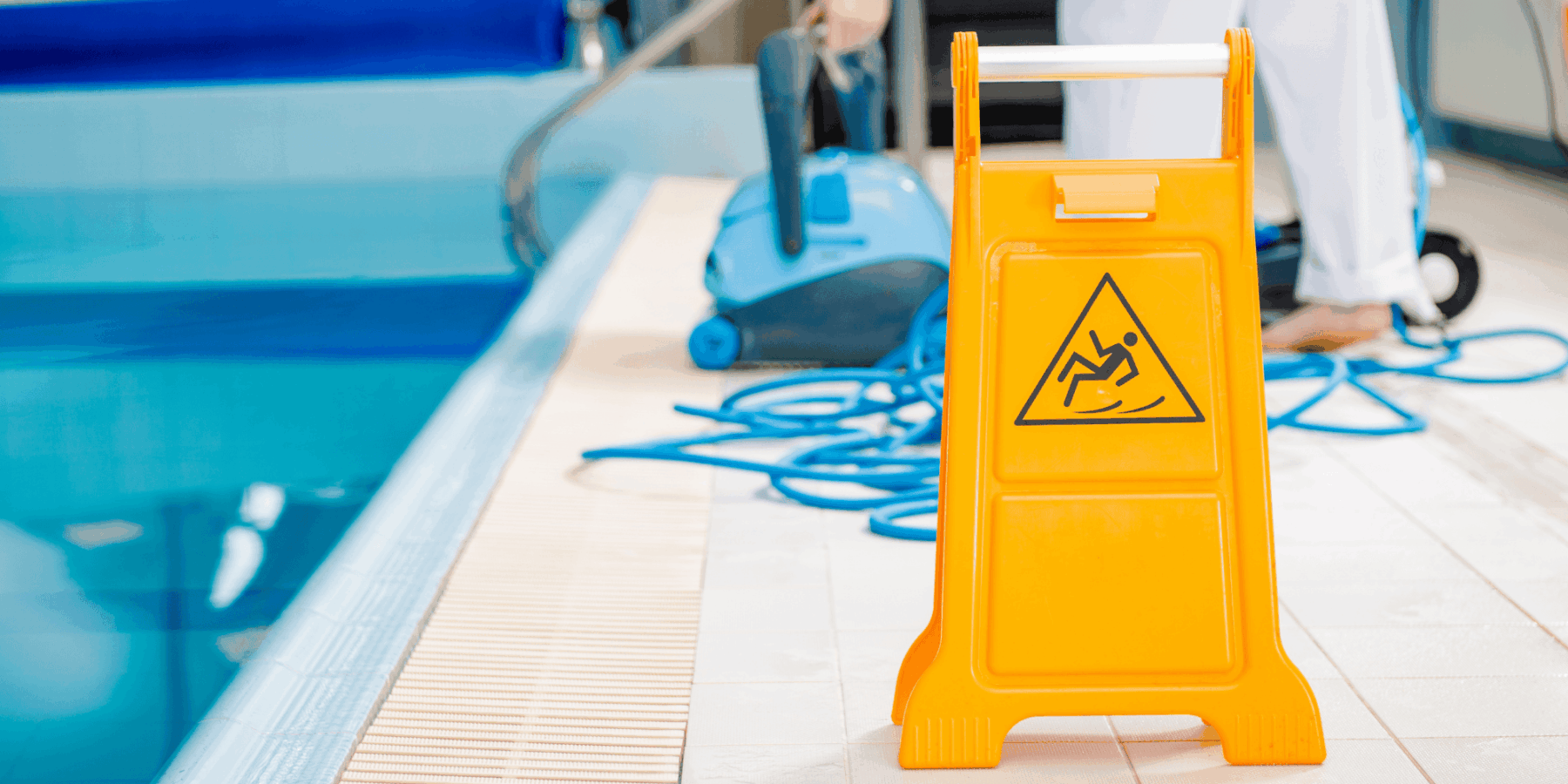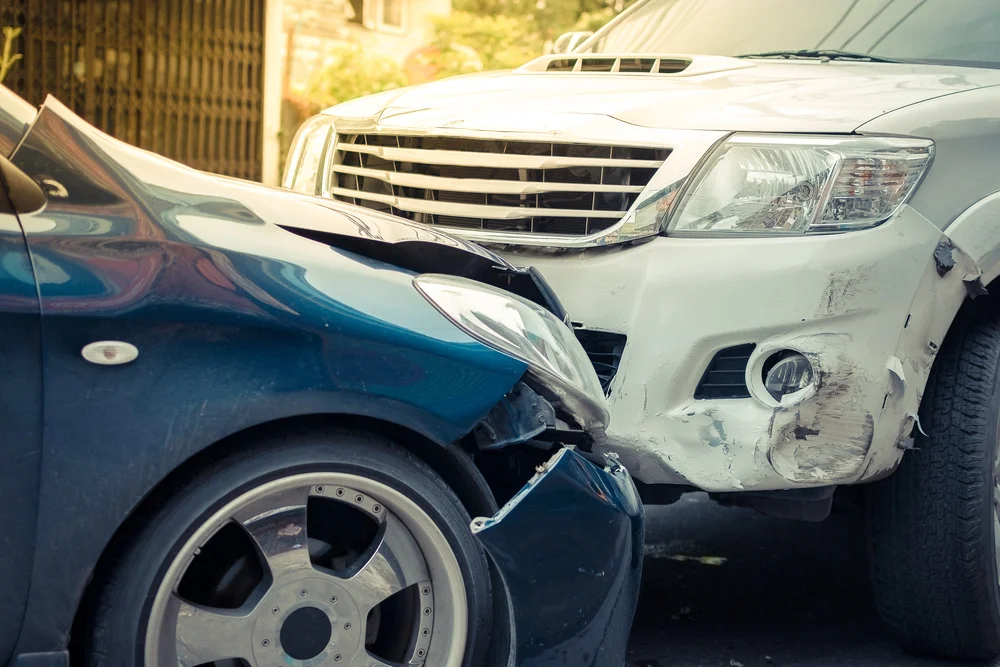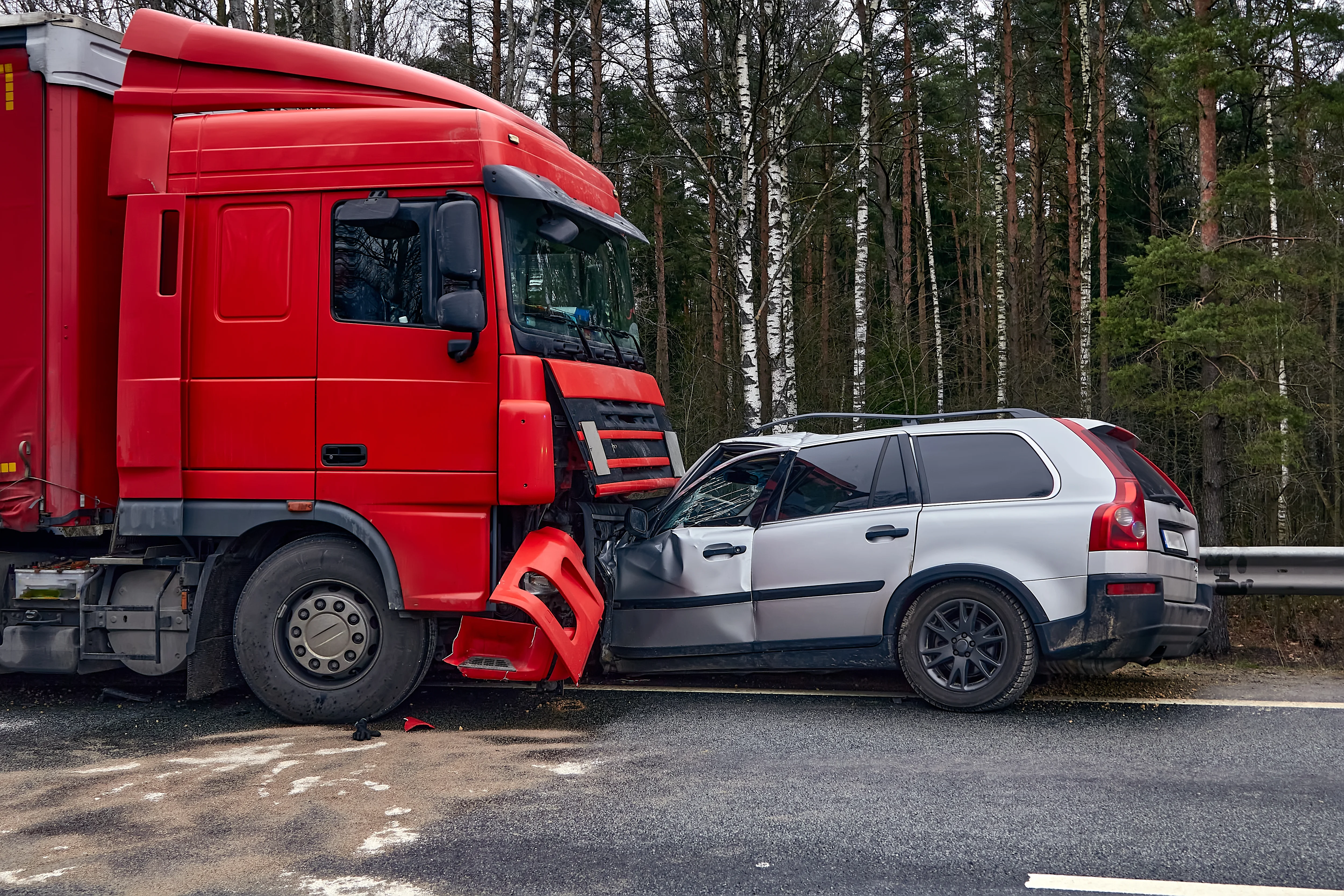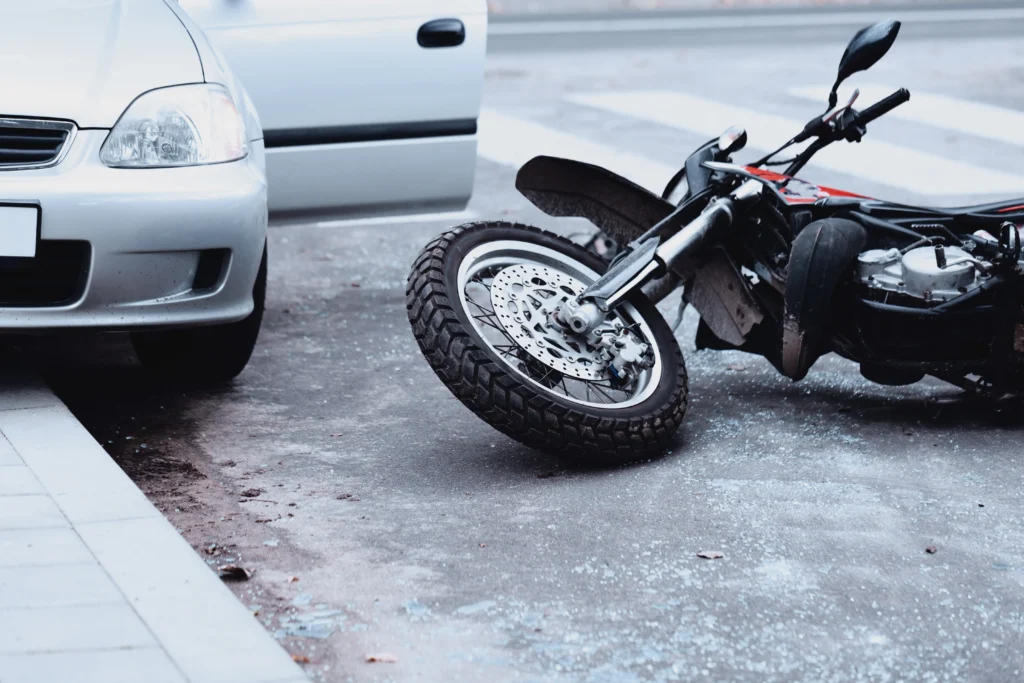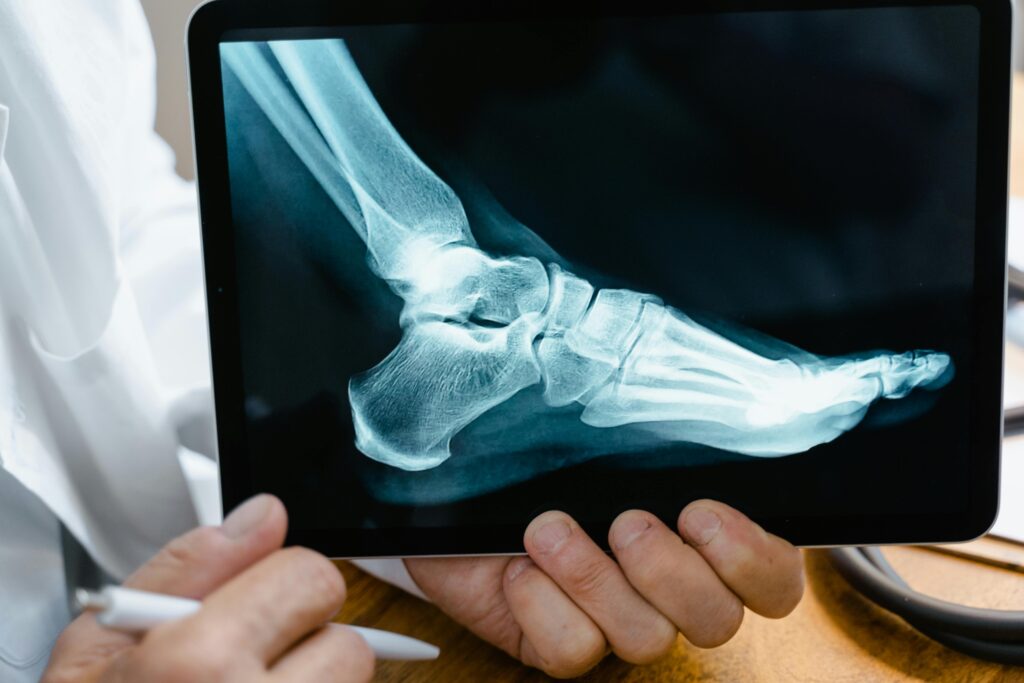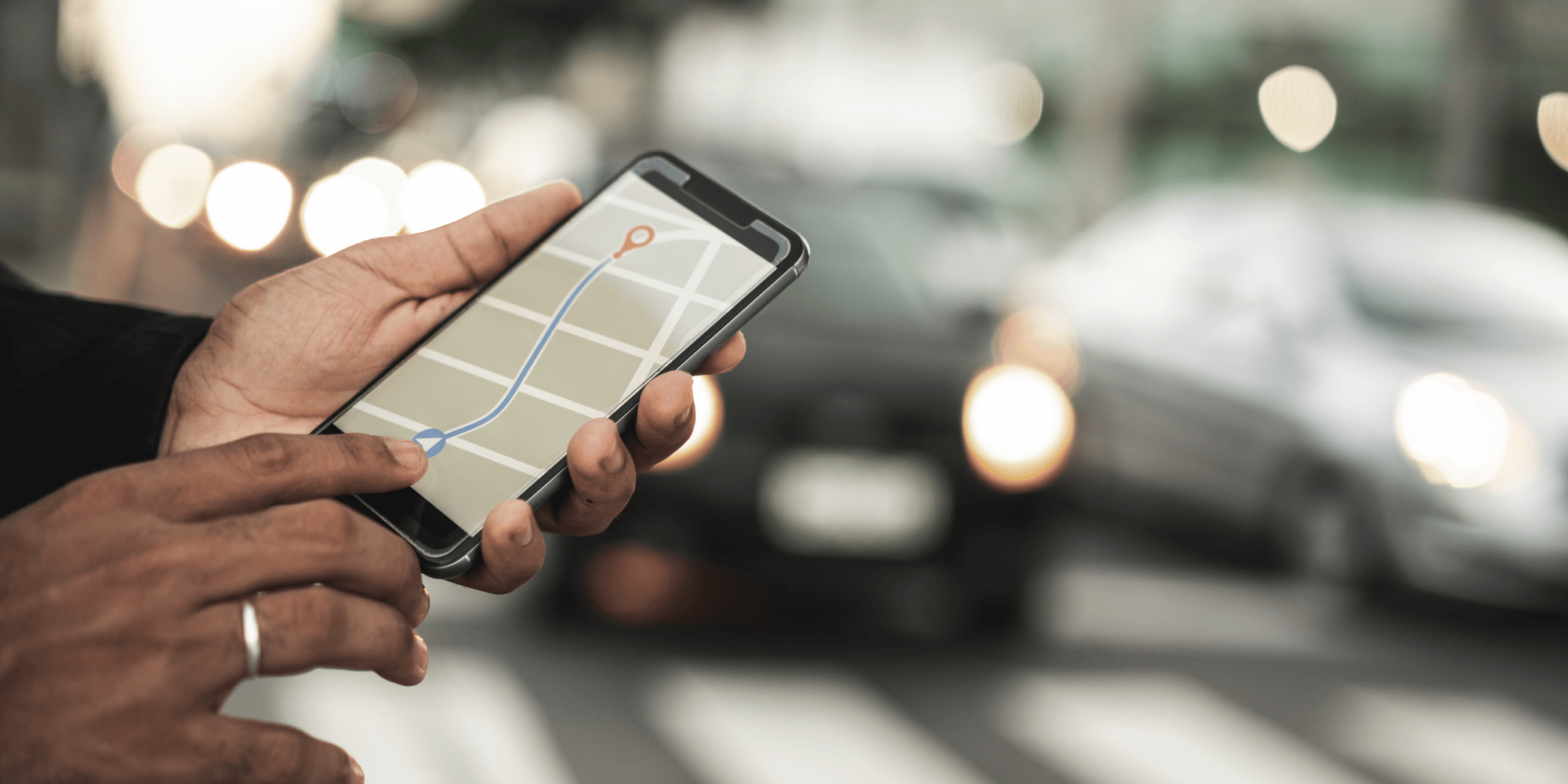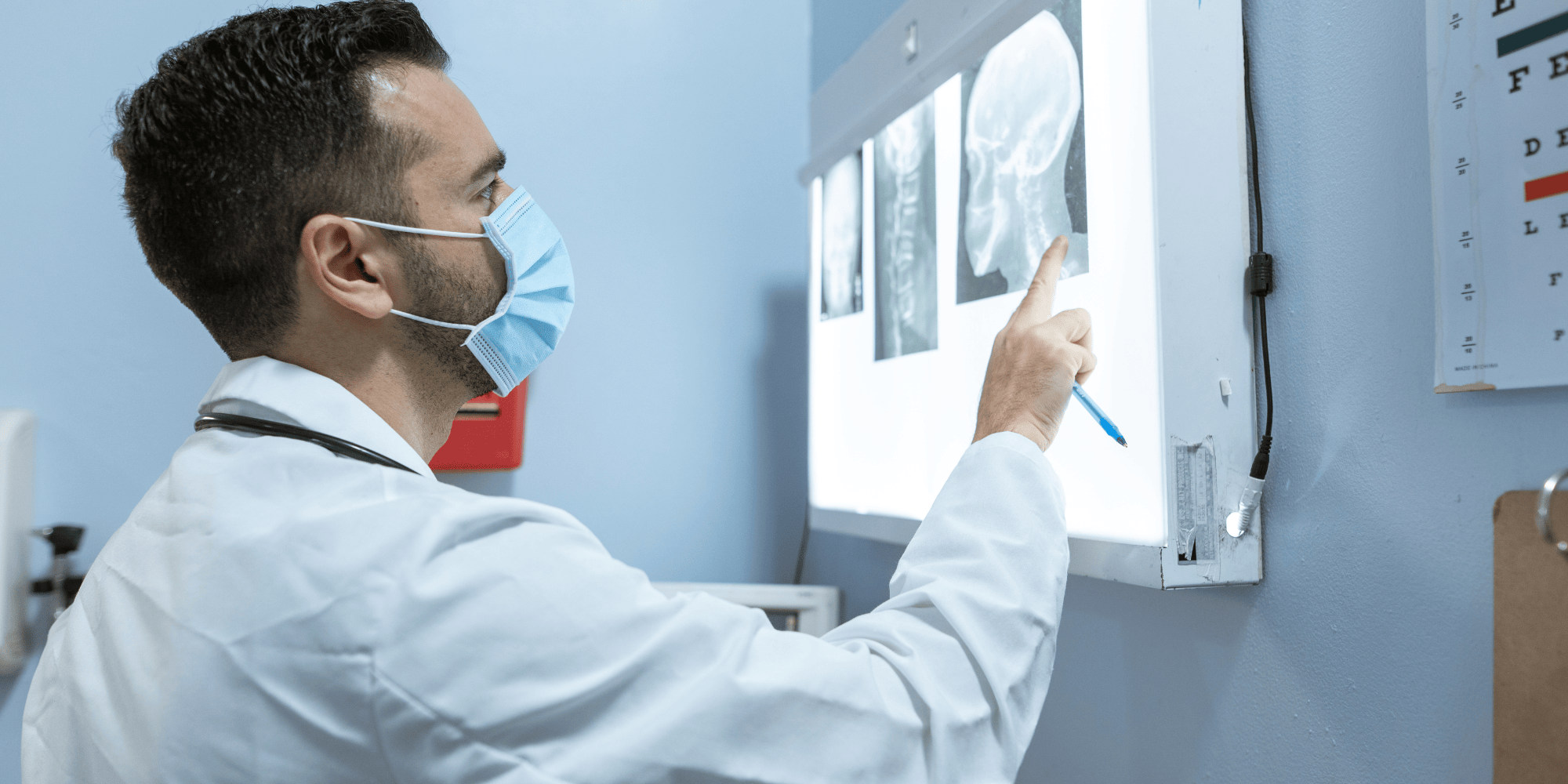Lakewood Slip and Fall Injury Lawyers Fighting For You
A sudden slip on an icy sidewalk or a fall inside a poorly-lit business in Lakewood can leave you injured and facing unexpected medical bills. Whether your accident occurred near the bustling area of Belmar or along commercial West Colfax Avenue, property owners have a responsibility to keep their property safe for the public. When they fail to do so, the law permits you to recover compensation. At Levine Law, our Lakewood slip and fall lawyers work hard to hold negligent business owners, landlords, and property managers responsible for unsafe property conditions.
According to the CDC, falls are a leading cause of injury in the U.S. In a city like Lakewood, where winter ice and older infrastructure create obstacles in daily life, it’s too easy for a slip and fall to happen. For these reasons, immediate legal action is very important. Our law office works quickly to gather evidence, document your injuries, and preserve your right to recover full compensation.
If you fell because of hazardous property conditions near the Lakewood Cultural Center, the RTD Wadsworth Station, or after dinner at a restaurant in Lakewood, you need injury lawyers who have the knowledge and resources to get you the results you deserve. We are here to help you recover physically and financially while you focus on healing.
How We Build Strong Legal Claims for Lakewood Slip and Fall Accidents
Lakewood slip and fall claims require much more than a simple explanation of how your injury happened. Colorado law places the burden on the injured party to show that the property owner was negligent and that this negligence directly caused harm. At Levine Law, we follow a structured, evidence-backed process designed to meet this legal threshold and outmaneuver insurance companies.
Our attorneys have handled countless claims in areas around Green Mountain, Bear Creek Park, and the bustling Belmar shopping district. Each case starts with an aggressive investigation that uncovers the root cause of the accident. From there, we compile physical evidence, secure reliable witness statements, and consult regulatory guidance to establish liability.
Collecting Visual Evidence from the Scene of the Fall
Without photographic proof, insurance companies often dispute the existence or severity of a hazard. That is why visual documentation plays a vital role in every Lakewood premises liability claim.
High-Definition Photos Reveal Unsafe Conditions
Whenever possible, we encourage injury victims or their family members to take clear photos of the accident site. These images may include liquid spills, loose carpeting, icy patches, or poor lighting that contributed to the fall. Our legal team uses these visuals to demonstrate how dangerous the area was at the time of the incident.
In many cases, especially those near popular local spots like the Lakewood Link Recreation Center or Alameda Avenue retail corridors, security cameras are also present. We act immediately to preserve this footage before it’s automatically erased, which often happens within a matter of days.
Surveillance Footage From Local Businesses Adds Credibility
Video surveillance can be some of the most persuasive evidence in a Lakewood slip and fall case. It provides a timestamped account of the conditions that led to the injury, making it difficult for property owners or insurers to dispute liability.
Once we identify the property’s surveillance system, we send a formal legal notice demanding the footage be retained. If video shows a dangerous condition that was ignored, our case gains significant strength. This step often leads to faster, more favorable settlement offers, as businesses would rather settle than have damaging footage presented in court.
Gathering Documentation That Proves Negligence
In many claims, the absence of proper procedures is just as telling as the presence of a hazard. Businesses and landlords in Lakewood are expected to perform routine inspections and respond quickly to known risks. When they don’t, that failure often leads to injury.
Store Logs and Cleaning Schedules Show Neglect
Retail establishments and commercial property managers are required to maintain records of safety checks, cleanings, and repair reports. Our legal team requests these documents to examine how often inspections were conducted and whether hazards were reported and addressed.
For instance, if a grocery store near South Wadsworth Boulevard logged a spill but failed to clean it up for hours, we use that timeline to demonstrate clear negligence. These internal records often prove that the fall was not just an accident, but the result of ongoing inattention.
Incident Reports Can Contain Key Admissions
Many slip and fall cases occur in chain stores or restaurants that require their employees to complete formal incident reports. These reports sometimes contain valuable admissions, such as a staff member noting that the floor was slippery or that lighting was dim.
When we obtain these records, they often help confirm what happened and when. In some cases, employees even document previous complaints about the same hazard. The National Floor Safety Institute reports that over 50 percent of all slips and falls in commercial spaces are caused by preventable surface issues, which supports our claims with industry research.
Using Witness Accounts to Support the Sequence of Events
Eyewitnesses bring credibility and human context to your legal claim. Whether your fall happened at a local shopping center, a medical facility near Alameda and Kipling, or outside a residential building, someone may have seen the hazard or the aftermath.
Securing Reliable Testimony Early in the Case
Our team works quickly to identify and contact witnesses who can describe what they saw. The sooner we gather these statements, the more accurate and compelling they are. Witnesses may confirm that no warning signs were posted or that the dangerous condition had existed for hours.
We collect sworn statements and affidavits to strengthen the legal foundation of your claim. When combined with visual evidence and maintenance records, witness testimony adds a critical third layer of proof.
Leveraging Community Presence for Additional Information
In densely populated areas like the Union Boulevard corridor or the neighborhoods surrounding Addenbrooke Park, local residents or nearby employees often have relevant details. Someone may recall a recurring leak or broken sidewalk that has gone unrepaired for weeks.
By speaking with those familiar with the property, we often uncover a pattern of negligence. These patterns, when documented, hold considerable weight in settlement negotiations and court proceedings.
Proving the Property Owner Knew or Should Have Known About the Hazard
A central requirement in Colorado premises liability law is showing that the property owner had actual or constructive knowledge of the hazard. In other words, they either knew about the risk or should have discovered it through proper care.
Constructive Notice and the Reasonable Care Standard
Constructive notice means the condition was present long enough that a responsible property owner should have found and fixed it. We use evidence such as maintenance records, cleaning schedules, and witness statements to prove the hazard was visible and unattended.
If, for example, a spill sat in a store aisle near the Denver West area for over 90 minutes without attention, that delay supports our argument under the reasonable care standard. The University of Colorado Law School outlines this concept in its civil procedure coursework and notes that duty of care is a central principle in personal injury law.
Establishing a History of Safety Violations or Complaints
In some Lakewood slip and fall cases, we uncover a history of building code violations, prior injuries, or tenant complaints. These records help show that the owner had ongoing awareness of the problem but failed to act.
We investigate municipal inspection reports and legal filings related to the property. When we find repeat issues, we use those findings to demonstrate a disregard for public safety. This often increases the value of the claim and puts pressure on the insurance company to settle fairly.
By combining these methods with Lakewood-specific experience and a relentless work ethic, Levine Law builds powerful claims that withstand scrutiny and deliver results.
How Colorado Premises Liability Laws Support Lakewood Slip and Fall Victims
When you suffer a slip and fall injury in Lakewood, your rights are protected by state law. Colorado’s premises liability statute outlines clear responsibilities for property owners and managers. These laws exist to ensure that landlords, store operators, and business owners maintain safe environments for the public. If they fail in that duty, and you get hurt, the law gives you the legal grounds to seek full financial compensation.
In Jefferson County, where foot traffic is heavy near places like the Lakewood Civic Center and the Colorado Mills Mall, slip and fall injuries happen regularly. Our firm knows how to use these legal protections to build powerful claims. According to Colorado’s Legislative Council Staff, premises liability law is one of the most frequently cited statutes in personal injury litigation. Understanding these rules is critical to winning your case.
Property Owners in Lakewood Must Protect Visitors from Preventable Hazards
Under Colorado Revised Statute §13-21-115, any person who owns or controls property must take reasonable steps to prevent harm to those legally allowed on the premises. This includes customers, tenants, employees, delivery drivers, and guests.
Business Owners Must Inspect and Repair Unsafe Conditions
Business owners in areas like Union Boulevard and Sheridan Boulevard must inspect their premises regularly. That means checking for slippery floors, loose tiles, broken steps, poor lighting, and icy walkways. If they find a problem, they are required to fix it or provide a clear warning. Failing to do either may result in liability when someone falls and suffers an injury.
Colorado law categorizes visitors as invitees, licensees, or trespassers. Invitees receive the highest level of protection. Most slip and fall victims fall into this category, including shoppers at grocery stores or diners at local restaurants. These individuals have every legal right to expect a reasonably safe environment.
Landlords and Residential Property Managers Also Face Legal Duties
In Lakewood’s dense residential areas near Garrison Street and Mississippi Avenue, tenants and their guests often fall due to unsafe staircases, uneven sidewalks, or dim hallways. In these situations, landlords and property managers may be responsible.
They must keep common areas well-lit, clear snow and ice within a reasonable timeframe, and repair structural hazards promptly. If they ignore tenant complaints or postpone repairs, they open themselves to legal action. The U.S. Department of Housing and Urban Development emphasizes these responsibilities as part of tenant protection laws nationwide.
The Law Considers What the Owner Knew and When They Knew It
Winning a Lakewood slip and fall claim means proving that the property owner knew or should have known about the dangerous condition. This concept is known as “notice” and is central to every premises liability case.
Actual Notice Involves Direct Awareness of a Hazard
If the property owner saw the hazard or received a report about it before the injury occurred, that constitutes actual notice. For example, if a store manager near the Lakewood Plaza heard about a spill and failed to clean it, that delay makes the owner liable for any resulting injuries.
Our attorneys gather maintenance records, customer complaints, and witness testimony to prove actual notice. These documents show the owner had a chance to fix the issue but chose not to act.
Constructive Notice Focuses on What the Owner Should Have Known
Constructive notice applies when the hazard was present long enough that a reasonable person would have discovered it. Courts often accept this argument if the dangerous condition was obvious or had existed for an extended period.
For instance, if a pothole in a parking lot near Alameda Station caused multiple complaints over several months, yet the property owner did nothing, the law considers that constructive notice. Research from the National Safety Council confirms that property owners who ignore obvious hazards contribute directly to fall-related injuries.
Legal Protection Applies to Many Types of Properties in Lakewood
Premises liability laws apply across a wide range of properties, including retail spaces, residential complexes, public sidewalks, and private offices. The key factor is whether you had a legal right to be on the property when the fall occurred.
Slip and Fall Injuries Can Happen Anywhere in Jefferson County
From big-box retailers in Denver West to apartment complexes off Kipling Parkway, hazardous conditions can appear anywhere. Cracked sidewalks, icy staircases, and wet tile floors are all common causes of serious injury.
Whether your fall occurred outside the Lakewood Recreation Center or inside a locally owned coffee shop, the law can work in your favor. You only need to prove that the property owner failed to act reasonably and that their failure led to your injury.
Government Properties May Have Different Rules and Deadlines
Slip and fall accidents that occur on government-owned property, such as sidewalks or city buildings, fall under special legal rules. Victims must provide formal notice within a shorter time period to preserve their right to sue. In Colorado, that deadline is typically 182 days from the date of injury.
Our team has experience pursuing these claims and knows how to navigate the rules set by the Colorado Governmental Immunity Act. If your injury happened on public property in Lakewood, we can move quickly to protect your claim before the deadline passes.
By fully understanding and applying these state laws, Levine Law helps Lakewood slip and fall victims stand up to negligent property owners and recover the compensation they deserve.
Dangerous Conditions That Cause Lakewood Slip and Fall Accidents
Many Lakewood slip and fall accidents happen because property owners ignore obvious hazards. These dangers are often the result of poor maintenance, failed safety procedures, or neglect. In neighborhoods surrounding Green Mountain and retail centers near Alameda Avenue, preventable hazards lead to painful, life-altering injuries every day.
According to the National Institute for Occupational Safety and Health, most falls occur due to conditions that could have been corrected or warned against. Our law firm investigates these cases closely and identifies the root cause. From spilled liquids in grocery stores to cracked sidewalks in apartment complexes, we hold negligent parties accountable for every unsafe environment.
Wet Floors Without Warning Signs in Lakewood Stores and Restaurants
Slippery floors are a leading cause of indoor falls across Lakewood. When employees fail to mop properly or leave wet surfaces unmarked, visitors pay the price.
Unattended Spills in Grocery Chains and Big Box Retailers
Large stores along Colfax Avenue and near the Lakewood City Commons attract heavy daily foot traffic. With hundreds of customers shopping at once, spills often occur and should be cleaned immediately. Unfortunately, many businesses ignore this duty or delay action.
A wet floor with no visible warning sign is an accident waiting to happen. We use time-stamped surveillance footage, store policies, and witness accounts to prove that management failed to act. These cases often involve head trauma, fractured wrists, and hip injuries that require surgery and long-term care.
Recently Mopped Surfaces Without Proper Caution Indicators
Even routine cleaning can lead to danger when staff cut corners. If a floor was recently mopped and left without a clear warning cone or sign, the business may be legally liable. This scenario is common in restaurants, retail stores, and medical clinics near Wadsworth Boulevard and Kipling Street.
Employees are trained to mark wet areas during cleaning. When they skip that step, visitors can slip and suffer serious harm. We gather cleaning schedules, employee logs, and incident reports to prove the floor was left unsafe.
Cracked Pavement and Uneven Sidewalks Across Lakewood
Outdoor slip and fall injuries are especially common near shopping centers, bus stops, and residential developments. Poorly maintained pavement creates dangerous trip hazards, especially for seniors and children.
City Walkways and Commercial Parking Lots with Poor Surface Conditions
In high-traffic areas near the Lakewood-Wadsworth Light Rail Station or Denver West, sidewalks and parking lots often develop cracks, holes, or height changes. These hazards may not be obvious until it is too late.
Colorado property owners must maintain their walkways and repair surface issues within a reasonable time. When they ignore these responsibilities, the risk of tripping becomes severe. We document these hazards with high-resolution photos, engineering reports, and city maintenance records.
Tree Root Uplift and Broken Concrete in Apartment Complexes
Tree root growth is another common problem in older Lakewood neighborhoods. When roots push up concrete slabs on sidewalks or in courtyards, they create uneven surfaces that catch feet and cause sudden falls.
Many landlords try to patch these issues with temporary fixes that fail under pressure. Our attorneys investigate whether the property owner received previous complaints or failed to follow safety recommendations. We also use historical images and repair logs to prove the issue existed for weeks or months before your fall.
Poor Lighting Conditions in Stairwells and Hallways
Lack of proper lighting makes otherwise safe areas extremely dangerous. Stairwells, parking garages, and apartment entrances require full visibility to prevent missteps and collisions.
Dim Bulbs in Common Areas of Residential Buildings
In Lakewood apartment buildings, especially those along South Kipling Parkway and near Addenbrooke Park, poor lighting often causes tenants and guests to miss steps or misjudge distances. Broken or low-wattage bulbs leave walkways dark and unsafe.
Property managers have a duty to inspect and replace lighting fixtures regularly. When they fail, we review maintenance requests, security camera footage, and lease agreements to prove that lighting deficiencies contributed directly to the fall.
Shadows and Dark Corners in Commercial Stairwells
Commercial properties, including office complexes and strip malls, must ensure their stairwells and corridors are well-lit. Shadows, blind corners, and dark staircases can easily cause visitors to lose balance and fall.
We identify these conditions with site inspections and work with lighting professionals to demonstrate how inadequate visibility increased the danger. The U.S. Department of Energy supports using proper lighting controls to enhance safety, and we rely on this guidance to argue for safer environments.
Snow and Ice Buildup in Lakewood Winter Months
Colorado winters bring snowstorms and freezing temperatures. In Lakewood, businesses and homeowners are legally required to remove ice and snow within a reasonable period after snowfall.
Icy Steps and Entrances to Local Businesses
Lakewood’s commercial areas along West Alameda and South Union frequently experience dangerous ice buildup during winter. If store owners do not salt and shovel within a reasonable window, they can be held liable for any resulting injuries.
We obtain weather data, timestamped photos, and witness statements to show how long the ice was present. We also examine snow removal policies to determine if the business violated local safety rules.
Untreated Walkways in Rental Properties and Condos
Landlords and HOA managers must clear snow and ice from shared sidewalks and driveways. When they skip this responsibility, tenants and guests face significant risk. Falls on untreated paths can result in spine injuries, broken ankles, and permanent mobility issues.
Using local ordinance violations, maintenance records, and prior complaints, we hold property managers accountable. Our attorneys know how to track municipal code enforcement and use those findings to strengthen your legal claim.
By thoroughly identifying and documenting the most common slip and fall hazards in Lakewood, our team ensures that every claim we file is built on facts, evidence, and proven legal strategy.
Speak with a Lakewood Slip and Fall Lawyer Today Near You
If you or a loved one suffered an injury due to unsafe property conditions in Lakewood, do not wait to take legal action. Time is critical. Evidence can disappear quickly, and insurance companies will move fast to protect their bottom line. You deserve a law firm that acts with urgency, builds strong legal claims, and fights for the full compensation you are entitled to under Colorado law.
At Levine Law, we have recovered millions of dollars for injured clients across Jefferson County and the Denver metro area. We represent people just like you, residents, workers, and visitors injured in preventable accidents across Lakewood’s neighborhoods, from Green Mountain to West Colfax. Whether you fell on untreated ice outside a storefront or tripped on uneven pavement in your apartment complex, we are ready to stand by your side.
We offer free, no-obligation consultations and handle all slip and fall cases on a contingency fee basis. That means you pay nothing unless we win. Let us deal with the legal system while you focus on healing.
Call Levine Law today at 303-835-4910 or visit carcrashlawyercolorado.com to schedule your free case evaluation. Speak directly with a Lakewood slip and fall attorney who knows your community, understands Colorado law, and fights for results.
Practice Areas
Trust Levine LawWith Your Personal Injury Claim
If you or a loved one have been injured, Levine Law will fight for you every step of the way. We will give our all to secure the compensation you rightfully deserve.
Contact usfor a free consultation.
Phone: (303) 951-4810
